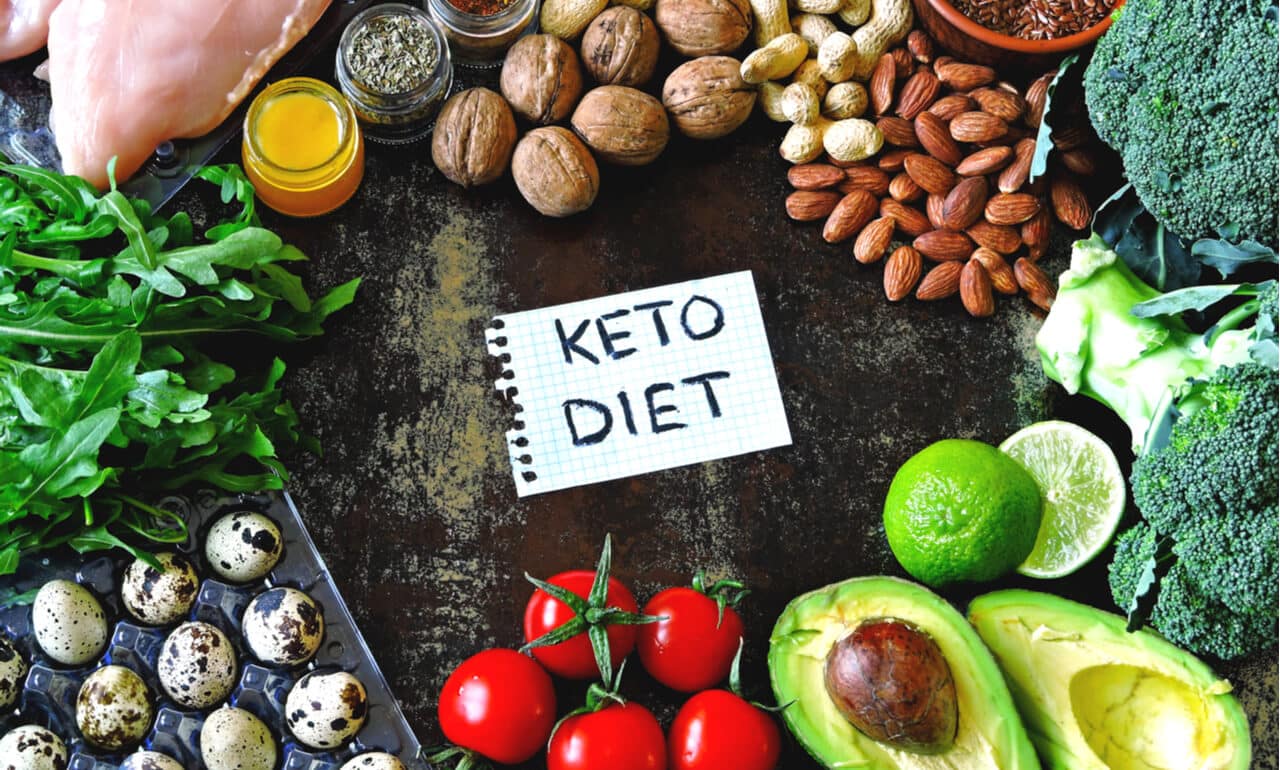When you embark on a ketogenic diet, your body undergoes a significant metabolic shift. As you reduce your carbohydrate intake, your body enters a state of ketosis, where it begins to burn fat for energy instead of glucose. While this metabolic switch can lead to numerous health benefits, it can also disrupt your electrolyte balance.
Why Electrolytes Matter
Electrolytes are essential minerals that carry electrical charges and help regulate various bodily functions, including:
Fluid balance: Electrolytes help maintain the proper balance of fluids in your body.
Nerve function: They play a crucial role in transmitting nerve impulses.
Muscle function: Electrolytes are essential for muscle contraction and relaxation.
Heart health: They help regulate heart rhythm and blood pressure.
Electrolyte Imbalance on Keto
When you switch to a ketogenic diet, your body’s insulin levels decrease. This can lead to increased water loss through urine, along with the loss of important electrolytes like sodium, potassium, and magnesium. This electrolyte imbalance can cause a range of symptoms, often referred to as the “keto flu,” including:
Fatigue
Muscle cramps
Headaches
Difficulty concentrating
Irritability
Replenishing Electrolytes on Keto
To prevent or alleviate these symptoms, it’s crucial to replenish your electrolytes. Here are some effective strategies:
Consume electrolyte-rich foods: Incorporate foods like leafy green vegetables, avocados, nuts, seeds, and fatty fish into your keto diet. These foods are natural sources of essential electrolytes.
Drink plenty of water: Staying hydrated is essential for maintaining proper electrolyte balance. Aim to drink plenty of water throughout the day.
Consider electrolyte supplements: If you’re struggling to meet your electrolyte needs through diet alone, you may want to consider supplementing with electrolyte powders or tablets. These supplements can help you maintain optimal electrolyte levels.
Additional Tips for Electrolyte Balance on Keto
Listen to your body: Pay attention to how you feel and adjust your electrolyte intake accordingly.
Consult with a healthcare professional: If you have any underlying health conditions or concerns, consult with a healthcare professional before starting a ketogenic diet.
Gradually transition to keto: Slowly reducing your carbohydrate intake can help minimize the initial electrolyte imbalance.
By prioritizing electrolyte balance, you can enjoy the benefits of a ketogenic diet without experiencing the unpleasant side effects. Remember, staying hydrated and replenishing your electrolytes are key to thriving on keto.







Be First to Comment